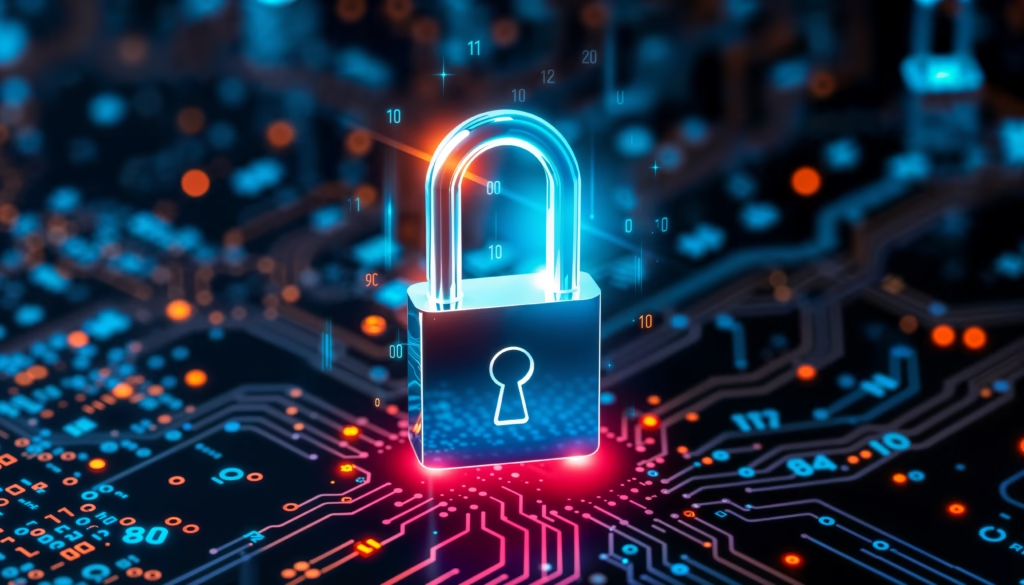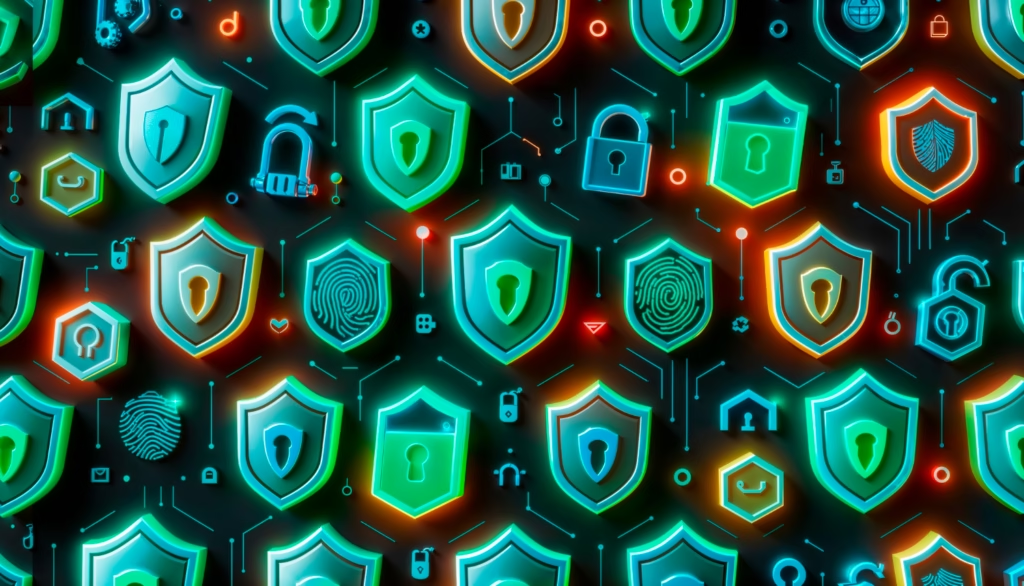As cyber threats continue to evolve at a rapid pace, protecting personal data and digital assets has never been more crucial. With the growing reliance on online platforms, it’s no surprise that cybersecurity has become a major focus for both individuals and businesses. One common question emerging in the digital age is whether a cybersecurity online course can truly prepare you for the challenges of 2025 and beyond. In this blog, we will explore the importance of cybersecurity training, the effectiveness of online courses, and how they can contribute to your defense against cyberattacks.
The Growing Need for Cybersecurity Awareness
In 2025, cybersecurity is expected to be one of the most critical concerns globally. The increasing reliance on cloud computing, artificial intelligence, and the Internet of Things (IoT) has expanded the attack surface for hackers. Cybercriminals are becoming more sophisticated, leveraging new technologies and techniques to infiltrate systems. According to a report from Cybersecurity Ventures, global cybercrime damages are projected to hit $10.5 trillion annually by 2025. This statistic highlights the growing threat and the urgent need for effective cybersecurity measures.
As individuals and businesses become more aware of these threats, there has been a surge in demand for cybersecurity professionals. A cybersecurity online course offers an accessible entry point for anyone interested in this field. However, it’s essential to understand the limitations and strengths of these programs in preparing individuals for real-world cyber threats.
The Rise of Cybersecurity Training and Certifications
With the increase in cyber threats, the demand for skilled cybersecurity professionals has skyrocketed. According to the Global Information Security Workforce Study, there will be a shortage of over 3.5 million cybersecurity professionals by 2025. This demand has resulted in the proliferation of cybersecurity training programs, many of which are offered online.
Taking a cybersecurity online course is a popular option for those looking to enter the field or enhance their knowledge. These courses provide a solid foundation in topics such as ethical hacking, network security, and encryption techniques. However, it’s important to keep in mind that the cybersecurity landscape is dynamic, and an online course may only cover basic principles, which can be limiting in the long run. To stay ahead, individuals should consider obtaining additional certifications and training, such as ethical hacking training and best information systems certifications, to gain advanced expertise and credibility.
Cybersecurity Online Course vs. Real-World Experience
While cybersecurity online courses provide an excellent introduction to the field, they often lack the hands-on experience required to fully understand and mitigate complex cyber threats. Many courses are structured around theoretical knowledge, which is necessary but may not prepare you for the fast-paced, ever-evolving landscape of cybercrime.
To build the practical skills needed for cybersecurity, real-world experience is essential. Some online courses offer virtual labs or simulated environments for learners to practice, but these are not always sufficient to fully simulate the diverse range of scenarios professionals face. For comprehensive protection in 2025, individuals should combine online learning with internships, real-world projects, or other hands-on experiences.
The Benefits of Ethical Hacking Training
One area of cybersecurity that is gaining significant attention is ethical hacking. Ethical hackers are employed to test and strengthen the security of networks and systems by simulating attacks. Enrolling in ethical hacking training can provide valuable skills that enable you to identify vulnerabilities before malicious hackers exploit them.
Ethical hacking training typically includes practical exercises where students learn to hack into systems in a controlled and legal environment. These courses focus on penetration testing, network security, and vulnerability assessment. As cyberattacks become more advanced, having a solid foundation in ethical hacking can significantly enhance your ability to protect sensitive data. By 2025, ethical hackers will be in high demand, making this an essential area of study for anyone pursuing a career in cybersecurity.
Why Cybersecurity Online Courses Are Not Enough for Complete Protection
While cybersecurity online courses provide fundamental knowledge, they are often insufficient on their own for those seeking complete protection against cyber threats. The online space is constantly evolving, and cybercriminals adapt quickly. In addition to taking a course, it’s vital to implement a multi-layered security strategy that involves advanced tools, protocols, and real-world experience.
In 2025, simply understanding basic cybersecurity principles will not be enough to prevent data breaches or cyberattacks. For individuals, businesses, and organizations, a comprehensive cybersecurity strategy should include ongoing education, a commitment to regular security updates, and the use of cutting-edge technologies such as artificial intelligence and machine learning to detect threats in real-time.
The Role of Best Information Systems Certifications
As part of building a comprehensive cybersecurity skill set, obtaining best information systems certifications can make a significant difference. These certifications, which are offered by various institutions, validate your expertise in information systems management and security. Some of the most recognized certifications include CompTIA Security+, CISSP (Certified Information Systems Security Professional), and CISM (Certified Information Security Manager).
These certifications go beyond the basics and cover more specialized areas like risk management, compliance, and advanced threat detection. For anyone serious about pursuing a career in cybersecurity or improving their security posture in 2025, these certifications are critical.
How to Choose the Right Cybersecurity Online Course
Choosing the right cybersecurity online course is crucial for those looking to gain valuable knowledge. Here are some key factors to consider when selecting a course:
- Course Content: Ensure the course covers essential topics like network security, encryption, ethical hacking, and malware analysis.
- Certification: Look for a course that offers a recognized certification upon completion.
- Instructor Experience: Ensure the course is taught by experienced professionals with real-world expertise.
- Reviews and Ratings: Research reviews from past students to gauge the quality of the course.
Investing time in the right course will help you build a solid foundation in cybersecurity, but remember that continuous learning is essential to stay updated in the rapidly changing field.
The Future of Cybersecurity: What to Expect in 2025
As we look toward 2025, the field of cybersecurity will become increasingly complex. Advancements in AI and machine learning will enable both attackers and defenders to utilize more sophisticated techniques. The rise of quantum computing also poses new challenges for traditional encryption methods.
To protect yourself in 2025, it’s important to stay informed about emerging trends in cybersecurity, such as quantum encryption, AI-based threat detection, and zero-trust security models. Additionally, organizations and individuals must prioritize cybersecurity training and stay committed to adopting the latest technologies to stay one step ahead of cybercriminals.
FAQs About Cybersecurity Online Courses
Q1: Are cybersecurity online courses enough to protect me in 2025?
A1: While online courses provide a good foundation, real-world experience and continuous learning are essential to fully protect yourself from evolving cyber threats.
Q2: What are the best certifications for cybersecurity professionals?
A2: Some of the best certifications for cybersecurity professionals include CompTIA Security+, CISSP, and CISM. These certifications help you demonstrate your expertise in securing information systems.
Q3: How can ethical hacking training help me in cybersecurity?
A3: Ethical hacking training provides hands-on experience in identifying vulnerabilities and weaknesses in systems, which is essential for proactive defense against cyberattacks.
Q4: How often should I update my cybersecurity knowledge?
A4: Given the rapid evolution of cyber threats, it’s recommended to update your knowledge regularly, attending training, webinars, and courses to stay informed about the latest security practices.
Q5: Can I protect my business with just an online cybersecurity course?
A5: No, protecting a business requires a multi-layered approach, including practical experience, advanced security technologies, and a strong security protocol. An online course should be part of your overall cybersecurity strategy.
Conclusion
Cybersecurity is a dynamic and ever-evolving field. While a cybersecurity online course is a great starting point for anyone looking to enhance their skills, it is not enough on its own to guarantee full protection in 2025. A combination of foundational training, hands-on experience, ongoing education, and advanced certifications such as ethical hacking training and best information systems certifications is essential for keeping up with the sophisticated nature of cyber threats. By staying informed and continuously improving your cybersecurity knowledge, you can better protect yourself and your digital assets from the increasing risks in the digital world.
Also Read : 10 Reasons Why You Need Professional Essay Help to Succeed!




